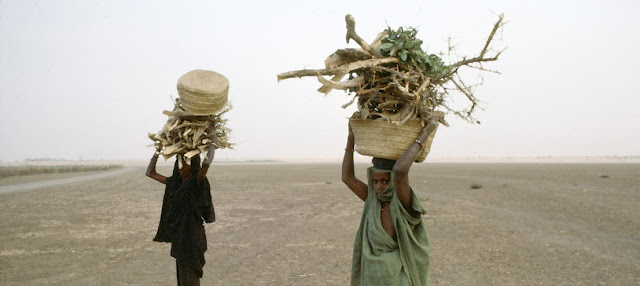-
Robert Jenkins, OpenDemocracy.net
Women, Food Security, and Peacebuilding: From Gender Essentialism To Market Fundamentalism
July 5, 2011 By Wilson Center StaffThat women’s engagement in resolving and recovering from conflict is crucial to sustainable peace has been an article of faith, and an element of international law, since the UN Security Council passed Resolution 1325 in 2000. It took a decade of missed opportunities, however, for the UN to develop a systematic action plan for redeeming the promise of 1325. The September 2010 Report of the Secretary-General on women’s participation in peacebuilding contains a concrete set of commitments for UN actors working in post-conflict settings.
Among the urgent tasks facing post-conflict governments and their international backers is ensuring the availability of food. Access to nutrition is both a human right and an essential means of reducing the likelihood of conflict recurrence. The idea of “food security” as a dimension of “human security” is nothing new. Nor is the notion that women – as agricultural producers and managers of household budgets – are critical contributors to the food economy. Nevertheless, international agencies have failed to address the linkages between gender relations, food security, and peacebuilding.
A recent seminar at the International Peace Institute (IPI) in New York attempted to fill this gap. UN officials, academics, Member States, and gender-equality advocates discussed obstacles that prevent women from contributing to increased household nutrition and national food availability in post-conflict countries, including pervasive gender-based violence and credit markets that are biased against women.
The most striking feature of the discussion, however, was the implicit assumption underlying almost all of the remedies proposed for addressing these obstacles: a minimalist state, restricted to a limited range of “market enabling” functions. This is consistent with the wider discourse on women’s engagement in post-conflict recovery, where a highly circumscribed role for government is now the default setting.
Continue reading on OpenDemocracy.net.
Robert Jenkins is a professor of political science at Hunter College.
Photo Credit: “Mali Women Collect Firewood on Dry Riverbed,” courtesy of flickr user United Nations Photo.
 A Publication of the Stimson Center.
A Publication of the Stimson Center.







